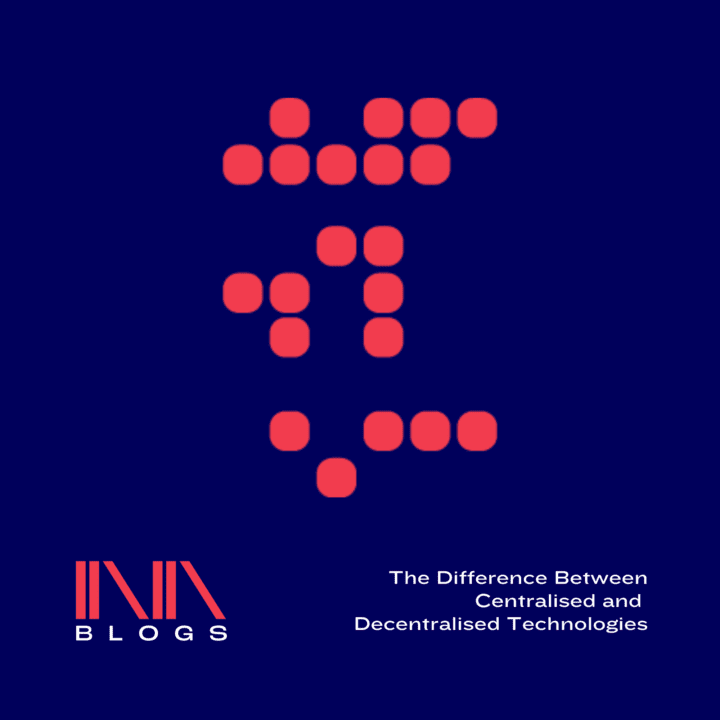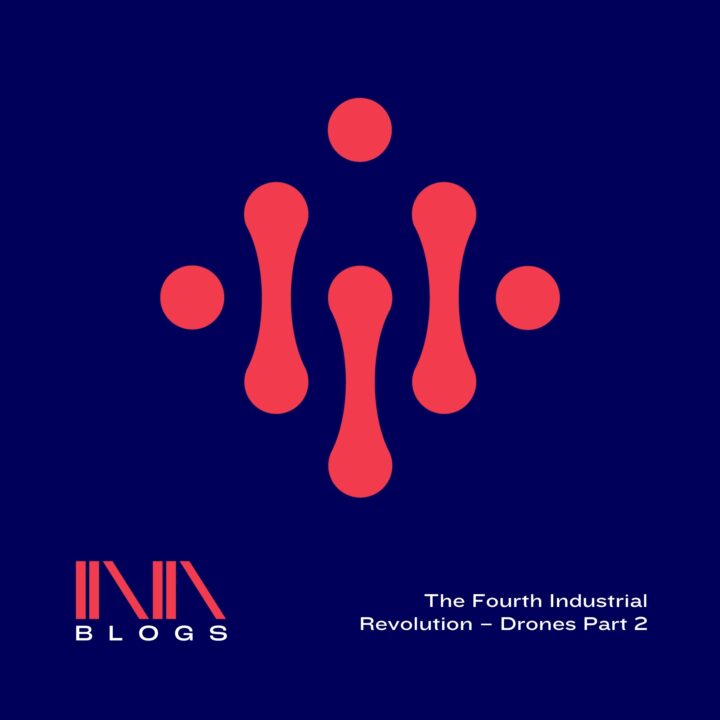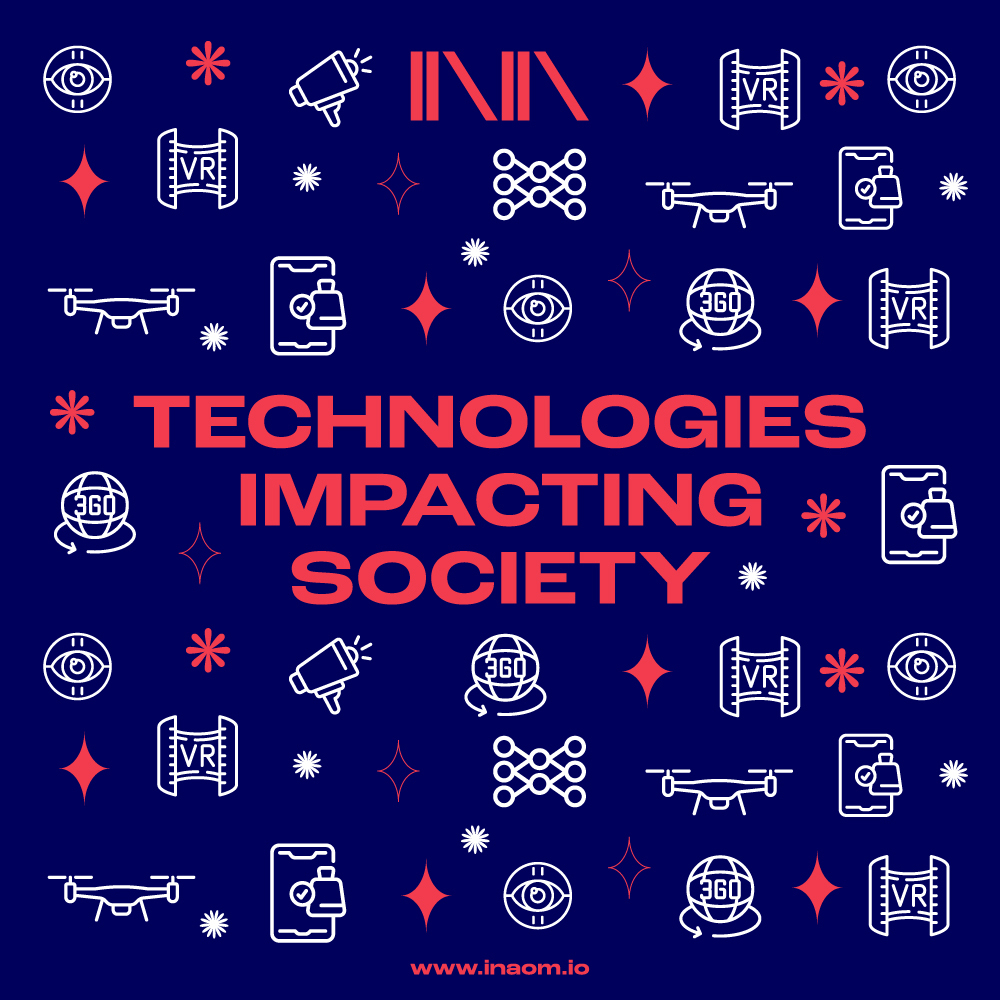
The fourth industrial revolution, also known as Industry 4.0, is characterised by a range of emerging technologies that are fusing the physical, digital, and biological worlds. This technology innovation is creating new ways of working, communicating, and interacting, and they are transforming the global economy.
General Purpose Technologies: Disrupting Industries and Society
One of the most significant aspects of the fourth industrial revolution is the emergence of “general purpose” technologies. These are technologies that have the potential to disrupt entire groups of industries and have profound consequences for society. Examples of such technologies include the steam engine, the automobile, the computer, the internet, and potentially, artificial intelligence (AI).
AI: Transforming Many Aspects of Our Lives
AI, in particular, has the potential to revolutionise many aspects of our lives. It is already being used in a variety of applications, from natural language processing and image recognition to autonomous vehicles and personalised medicine. However, as with any transformative technology, there are also concerns about its potential impact on employment, privacy, and ethics.
Research and Development
Research and development (R&D) is key to driving innovation in general purpose technologies, and policymakers around the world are keen to improve the effectiveness and efficiency of their national R&D systems. This includes areas such as research funding, patent protection, and tax incentives for innovative firms.
Convergence of the Physical and Biological Worlds
Another important aspect of the fourth industrial revolution is the convergence of the physical and biological worlds. Advances in materials science, for example, are leading to the development of new classes of recyclable, thermosetting polymers that have the potential to create a more sustainable economy. New materials are also being used in medical implants, tissue engineering, and the creation of artificial organs. However, 3D printing is increasingly being used to create customised structures.
Controversies in Genetic Engineering
The convergence of the biological and digital worlds is most controversial in the field of genetic engineering. The development of widely accessible and affordable gene sequencing and editing systems, such as CRISPR/Cas9, makes it possible to reliably and precisely remove or replace sequences in the genomes of both plants and animals. This has the potential to revolutionise agriculture, medicine, and conservation, but it also raises important ethical and regulatory questions.
Real-World Impact
The biological and digital worlds are also converging in the form of sensors used to monitor health and behaviour, and to understand and influence brain activity. Advances in cryptography and blockchain technology are also having a real-world impact in areas such as land records and deforestation.
Conclusion
In conclusion, the fourth industrial revolution is ushering in a new era of technological innovation. The general purpose technologies such as AI and the physical and biological worlds at the forefront of this transformation. While the potential benefits of these technologies are immense, policymakers and society as a whole must also be aware of the potential risks and challenges they pose. Only by working together can we ensure that the fourth industrial revolution delivers on its promise of a more prosperous, sustainable, and equitable future for all.
Frequently Asked Questions (FAQs)
How is AI shaping The Fourth Industrial Revolution?
AI plays a central role in the revolution by enabling automation, data analysis, and smart decision-making. It powers innovations like autonomous vehicles, virtual assistants, and predictive analytics.
What are the benefits of IoT in this revolution?
IoT connects devices and systems, enabling efficient data exchange and automation. It enhances areas such as manufacturing, healthcare, and smart cities, leading to improved productivity and quality of life.
What impact does advanced robotics have on industries?
Advanced robotics transforms industries by automating tasks, enhancing precision, and enabling human-robot collaboration. It’s revolutionising manufacturing, healthcare, and even space exploration.
How does Big Data contribute to The Fourth Industrial Revolution?
Big Data and analytics provide insights that drive informed decision-making and personalised experiences. They support predictive modelling, customer behaviour analysis, and process optimization.
What role does sustainability play in this revolution?
Sustainability is a crucial aspect of The Fourth Industrial Revolution – Technology Innovation. It promotes renewable energy integration, energy-efficient technologies, and environmentally conscious practices across industries.










